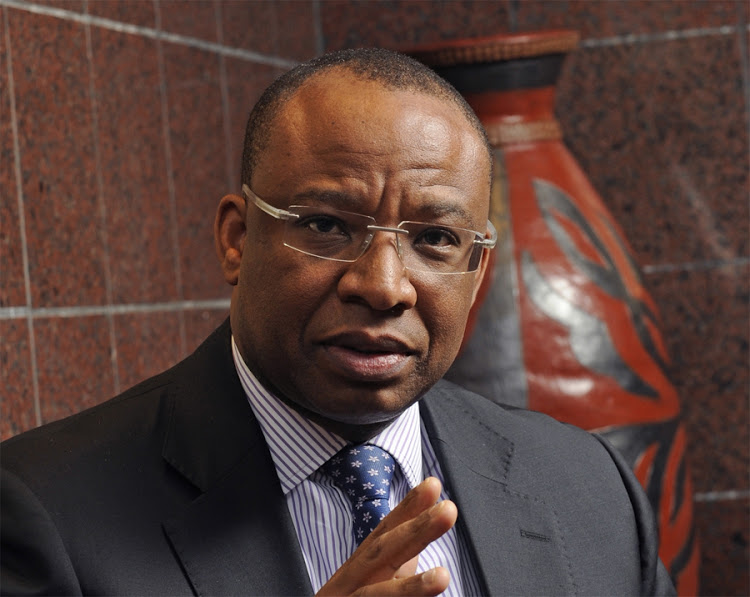South Africa’s failure to stabilise the country’s fiscal situation could see its credit rating downgraded deep into junk territory, the central bank said Friday.
The comment came just hours before two rating agencies were due to announce their decisions.
South Africa’s economy is on the brink of losing its investment-grade ranking on local currency debt from Moody’s and S&P Global Ratings. Both currently rate it on their lowest investment grade rung of Baa3/BBB-minus.

A lower rating means much higher borrowing costs.
Daniel Mminele, South African Reserve Bank Deputy Governor told an investor conference the sharp sell-off in local and foreign currency bonds recently was a clear indication of investors “nervousness about South Africa’s rising economic and fiscal risk”.
He cited the dismal October budget, where Finance Minister Malusi Gigaba said the budget deficit estimate had widened to 4.3 percent of gross domestic product from 3.1 percent and that gross debt would reach 60 percent of GDP in 2021, as major ratings risks.
Zimbabwe’s new president vows to rejuvenate economy, seeks lifting of sanctions
“This mixture of weak growth and rising debt – the two concerns repeatedly flagged by ratings agencies – suggests that South Africa must increasingly be wary of possible further downgrades to its sovereign ratings,” Mminele said.
Bank of America Merrill Lynch (BAML) said a cut to the local currency debt to sub-investment by either Moody’s or S&P would likely come after the February’s budget, which will give insight into the Treasury’s plans to boost the revenue.
“Having engaged with the ratings agencies and the IMF we are told that the government is contemplating what measures to take, but they are only due in the February budget,” said the bank’s senior economist for South Africa, Ferhan Salman.
“Ratings agencies also mentioned that Treasury’s intentions were to use the October budget as a reality check, to say this is how bad things can get, and use that as political leverage to convince the political management of the measures that are to be taken.”
A one-notch cut of the local-currency rating by Moody’s and S&P is set to trigger forced selling of up to $12 billion of the country’s bonds as index-tracking and rating-constrained funds are forced to sell.
Offshore investors own nearly half of Pretoria’s total debt, leaving the country heavily reliant on capital inflows to plug budget deficits, which are set to widen as growth disappoints and political uncertainty raises the cost of borrowing.









Problem with Nigeria Revision of first-hand account of the AGSMEIS programme (2)